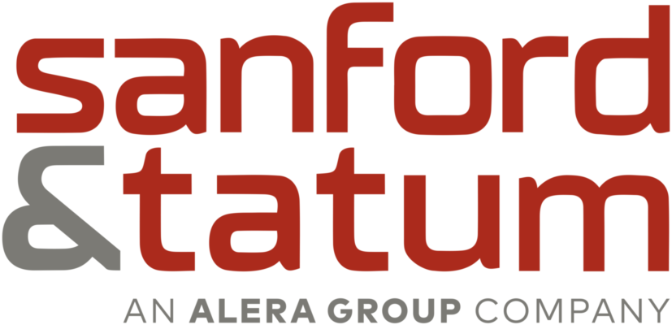
Effective Communication in Workers’ Compensation Claims
Effective communication is crucial in managing workers’ compensation claims. It requires engagement with several parties, namely employees, supervisors, medical providers and claims adjusters. This approach not only enhances the recovery experience for injured workers but also helps employers reduce associated costs and streamline claims operations. Here’s an overview of proper communication tactics for employers to leverage with each party involved in the workers’ compensation process.
Employees
Open communication with employees is essential from the first day of employment. Employers should educate employees about each step of the workers’ compensation process, especially regarding injury response and reporting. This transparency can help employees understand their responsibilities, reducing anxiety and cultivating trust. When injured employees return to work, providing training on transitional job tasks can prevent the reemergence of their ailments. Regular follow-ups during the rehabilitation process helps employees feel supported and may even expedite their recovery timelines, lower claim costs and limit the likelihood of litigation
Supervisors
Supervisors act as key contact points between management and employees, particularly during the recovery period. They can help make sure injured employees adhere to medical restrictions upon returning to their positions and identify suitable assignments. By promoting occupational safety and providing ongoing feedback to their staff, supervisors can make all the difference in driving down employee injuries and mitigating associated workers’ compensation claims.
Medical Providers
Employers should form relationships with trusted medical providers before their employees get hurt on the job. This collaboration ensures both parties are aligned on rehabilitation parameters and return-to-work options. Employers can also work alongside medical providers to explore different treatment methods that may reduce workers’ compensation costs and improve injured employees’ recovery capabilities. Understanding these employees’ core responsibilities can enable medical providers to set appropriate restrictions, preventing unnecessary extended leave. This communication also helps prevent medical provider fraud, ensuring quality treatment and transparency.
Claims Adjusters
Claims adjusters are vital in the workers’ compensation process, analyzing various aspects to determine appropriate insurance payouts. Building strong relationships with adjusters can simplify claims and promote more favorable outcomes. Sharing knowledge and listening to adjusters’ expertise can reduce lost time during the recovery period, lower injured employees’ total treatment costs and prevent claim inaccuracies. Employers should assist adjusters with claims, fostering honesty and collaboration. This partnership can ensure smoother claim resolutions and a greater alignment with organizational values. Proper communication amid workers’ compensation claims can benefit all parties involved, promoting a positive recovery experience, optimizing the claims process and limiting related expenses. Contact us today for additional workers’ compensation resources.
This document is not intended to be exhaustive, nor should any discussion or opinions be construed as legal advice. Readers should contact legal counsel or an insurance professional for appropriate advice. ©2025 Zywave, Inc. All rights reserved.

Discussion
There are no comments yet.